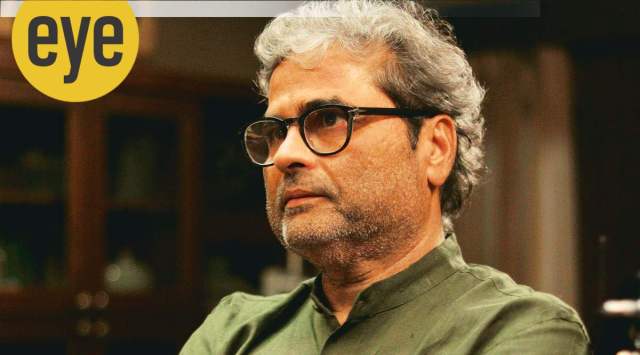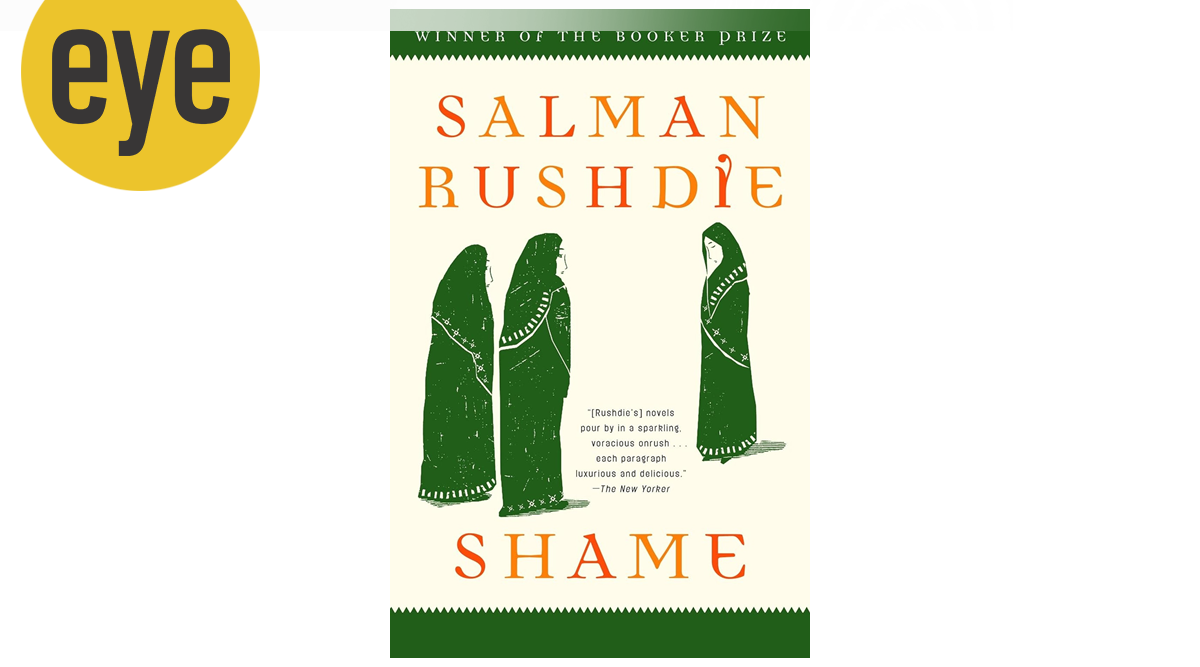📣 For more lifestyle news, click here to join our WhatsApp Channel and also follow us on Instagram
Sunday Long Reads: Vishal Bhardwaj’s latest, daughter Khatija on AR Rahman, Nobel laureate Jon Fosse’s best works, and more
From Vishal Bhardwaj to Nobel Laureate Jon Fosse, here are some interesting reads of the week
 Vishal Bhardwaj talks about his latest works and future plans.
Vishal Bhardwaj talks about his latest works and future plans.‘Everyone has a dark side. I want to get to the bottom of the human psyche’: Vishal Bhardwaj
WITH his latest film Khufiya, filmmaker Vishal Bhardwaj has ventured into the world of espionage, weaving a drama involving double-crossing agents, hard-nosed intelligence officers on a mission and a desperate mother. The film is based on Escape to Nowhere (2012), a novel by Amar Bhushan, who worked with Research and Analysis Wing for over two decades. The novel is said to be “inspired by a real incident” that took place in 2004 when a senior intelligence officer, suspected of being a spy, vanished.
What Khatija learnt from her father AR Rahman
 Khatija Rahman in a still from Piya tose, with Dubai-based Firdaus Orchestra
Khatija Rahman in a still from Piya tose, with Dubai-based Firdaus Orchestra
Khatija Rahman was about 15 when she first watched K Asif’s magnum opus — Mughal-e-Azam — after her music teacher asked her to soak in the cinematic experience. While she was awed by composer Naushad’s trailblazing tunes, one song — a naat (an Islamic hymn) — in the second half of the film particularly moved her. Bekas pe karam keejiye, sarkaar-e-madina (Bestow compassion on the sufferer, O Almighty), a piece in the emotive raag Kedar, is sung by Anarkali after she is banished to the dungeons.
Dalits in the New Millennium, edited by Sudha Pai, D Shyam Babu and Rahul Verma, explores the shifts in Dalit experience, set against the complexities of the current historical moment
 Dalits in the New Millennium, Edited by Sudha Pai, D. Shyam Babu and Rahul Verma, Cambridge University Press, 500 pages, Rs 1,195
Dalits in the New Millennium, Edited by Sudha Pai, D. Shyam Babu and Rahul Verma, Cambridge University Press, 500 pages, Rs 1,195
Dalit studies have flourished in recent years, stimulating a vibrant interdisciplinary conversation. Today, Dalit politics is a burgeoning field of academic study that celebrates institutional and extra-institutional aspects along with the ideological underpinnings of Dalit assertion and mobilisation. As part of this growing literature on the great churning in Indian democracy, Dalits in the New Millennium, edited by Sudha Pai, D Shyam Babu, and Rahul Verma, draws together 24 contributors who raise an exciting set of provocations concerning identity, discrimination, representation, and culture. Neither simplistic nor dense, there are potent arguments here that will draw attention to the linkages between Dalit mobilisations and their changing identities.
Why is Big Boss Mama Nature behaving like Miss Trunchbull
 People have the technology, the money and the means, but no will to make the world better (Credit: Ranjit Lal)
People have the technology, the money and the means, but no will to make the world better (Credit: Ranjit Lal)
Down in Jungleland (DiJ) now presents an exclusive, first-ever interview with Mother Nature (aka Big Mama) daringly asking her why she appears to be in such a foul temper these days. Alas, we got an earful!
Forty years after its publication, remembering Salman Rushdie’s novel Shame
 Salman Rushdie’s Shame (Amazon.in)
Salman Rushdie’s Shame (Amazon.in)
“It’s symptomatic of not just Pakistan, but the world, that at the moment we have comedians in-charge,” Salman Rushdie said in an interview to writer Tariq Ali shortly after the publication of Shame, his 1983 novel that came out in the quiet interregnum between the Booker-winning, career-making success of Midnight’s Children (1981), and the fatwa-earning, exile-begetting novel that was The Satanic Verses (1988). Basing the book on the relationship between then-active Pakistani politicians Zia ul-Haq and Zulfikar Ali Bhutto, Rushdie wanted to write a novel about how Pakistan was “insufficiently imagined,” with “goons, comedians, gangsters, clowns” causing military coups, provincial uprisings, border conflicts, and economic instability.
The Essential Jon Fosse: What to read by the Nobel Laureate
 The Norwegian author Jon Fosse won the Nobel Prize in Literature this year. (Source: X/ Nobel Prize)
The Norwegian author Jon Fosse won the Nobel Prize in Literature this year. (Source: X/ Nobel Prize)
Morning and Evening (2015)
This novel is written, as most of Fosse’s works are, in the Norwegian dialect of Nynorsk. It tells the story of Johannes, from before he was born, to the day he grows into an old man, and realises it. The narrative also dips into life after his death, in a muddled and obfuscated style. The old man draws comfort from habits which bring him peace without pleasure, but, one day, realises that something in that stabilising routine is off.
Arguably his most interesting work till date, Book of Rahim and Other Poems offers a more composite view of Arvind Krishna Mehrotra as a literature
 Book of Rahim and Other Poems by Arvind Krishna Mehrotra. Westland Publications. 72 pages. Rs 399 (Source: Amazon.in)
Book of Rahim and Other Poems by Arvind Krishna Mehrotra. Westland Publications. 72 pages. Rs 399 (Source: Amazon.in)
In an essay on AK Ramanujan (in a soon-to-be-published volume), Arvind Krishna Mehrotra writes, “When someone like Ramanujan translates, it is often his own poem he’s composing by other means.”
📣 For more lifestyle news, follow us on Instagram | Twitter | Facebook and don’t miss out on the latest updates!
📣 For more lifestyle news, click here to join our WhatsApp Channel and also follow us on Instagram



- 01
- 02
- 03
- 04
- 05























